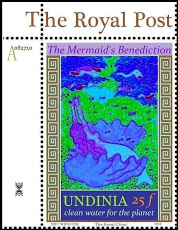Dinetofuran (DNT), imidacloprid (IMD) and thiamethoxam (THM) are among the neonicotinoid insecticides widely used for managing insect pests of agricultural and veterinary importance. Environmental occurrence of neonicotinoid in post-application scenario poses unknown issues to human health and ecology. A sorption kinetic study provides much needed information on physico-chemical interaction of neonicotinoid with soil material. In this research study, time-dependent sorption behavior of DNT, IMD and THM in vineyard soil was studied. Sorption kinetics studies were conducted over a period of 96 hours with sampling duration varying from 0, 2, 4, 8, 12, 24, 60 and 96 hours. All three neonicotinoids exhibited very low sorption potential for the soil investigated. Overall percent sorption for all three neonicotinoids was below 20.04 ± 2.03% with highest percent sorption being observed for IMD followed by DNT and THM. All three neonicotinoids are highly soluble with solubility increasing with IMD < THM < DNT. Although, DNT has the highest solubility among all three neonicotinoids investigated, it exhibited higher percent sorption compared to THM, indicating factors other than solubility influenced the sorption kinetics. Low sorption potential of neonicotinoids indicates greater leaching potential with regard to groundwater and surface water contamination.
Source:
Kurwadkar ST et al.
J Environ Sci Health B. 2013;48(4):237-42. doi: 10.1080/03601234.2013.742412.

- Log in to post comments
